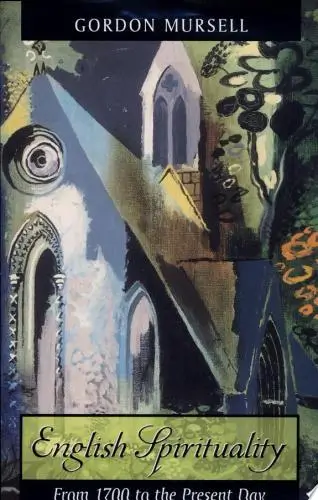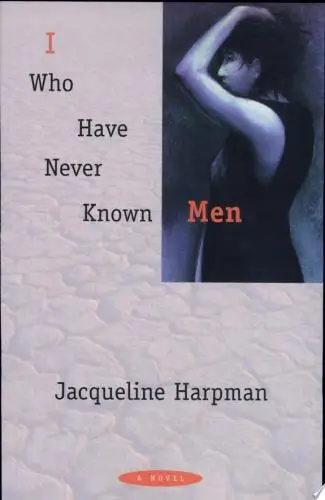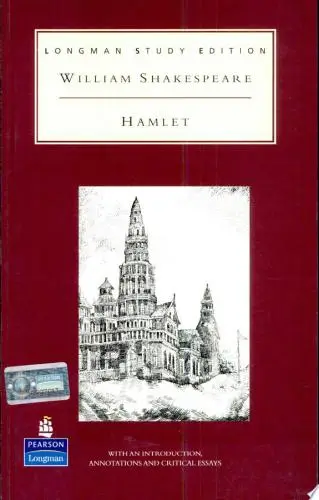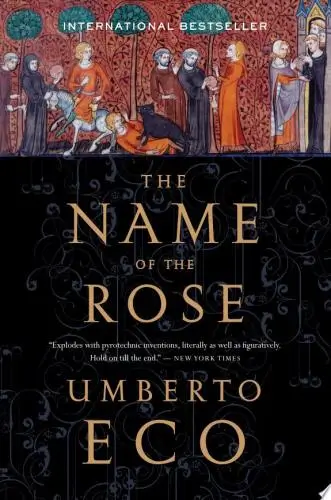The Name of the Rose
What's it about?
The Name of the Rose is a historical mystery that intertwines murder, philosophy, and theology in a 14th-century Italian monastery. As you follow the detective journey of Fr. William of Baskerville, you’ll encounter thought-provoking themes such as the conflict between reason and faith, the nature of knowledge, and the power of language. The book invites you to reflect on how truth can be obscured by ideology and the complexities of human belief. You'll discover that understanding history can illuminate contemporary issues in society and thought.
About the Author
Umberto Eco, an Italian novelist and semiotician, is best known for "The Name of the Rose," a historical mystery blending semiotics, biblical analysis, and medieval studies. His works often explore themes of interpretation, communication, and the complexity of human knowledge. Eco's writing is characterized by intellectual depth and intertextuality.
5 Key Ideas of The Name of the Rose
The Power of Curiosity
A relentless pursuit of truth and understanding enriches the mind and spirit.
William of Baskerville, with his keen intellect and insatiable curiosity, navigates the labyrinthine mysteries of the abbey, reminding us of Sherlock Holmes' dogged determination to uncover truth, an allegory for our desire to understand the world.
- Encourages deeper understanding: Moving beyond superficial knowledge requires the drive to explore and ask questions.
- Promotes lifelong learning: A curious mind remains open and adaptable, thriving even in uncertainty.
- Strengthens critical thinking: Curiosity challenges assumptions and drives investigation, leading to more refined insights.
Today, identify a subject you've always wanted to learn more about and spend 20 minutes diving into a book, article, or video on the topic.
Avoid the trap of shallow curiosity, where you flit from one topic to another without depth; instead, choose a few topics to explore deeply.
Embracing Complexity
Life is inherently complex, and embracing its nuances leads to a richer, more authentic existence.
The intricate labyrinths of the abbey are a metaphor for life's complexity, illustrating how navigating through ambiguity can lead to profound revelations.
- Acknowledges diverse perspectives: Complexity invites us to appreciate multiple viewpoints and avoid reductive thinking.
- Cultivates empathy: Understanding the intricacies of different lives and situations builds profound empathy.
- Enhances problem-solving: Recognizing complexity helps us develop nuanced solutions rather than relying on simplistic answers.
Reflect on a recent decision you've made and identify at least two additional perspectives on the issue.
Resist the urge to oversimplify complex situations, which can lead to misunderstanding. Embrace nuance as a means of deepening comprehension.
The Dangers of Dogma
Rigid adherence to dogma can blind us to new insights and stunt personal growth.
In 'The Name of the Rose,' the danger of dogmatic thinking becomes clear as characters cling to outmoded beliefs, stifling intellectual and spiritual exploration.
- Encourages openness to change: By challenging dogma, we allow for progress and innovation.
- Prevents stagnation: Flexibility in thought avoids the pitfalls of remaining static in a rapidly evolving world.
- Promotes authenticity: Rejecting dogma fosters genuine discourse and personal integrity.
Challenge one deeply held belief by researching an opposing viewpoint, allowing for a broader understanding.
Beware of comfort zones, where dogma may feel safe; instead, view discomfort as a precursor to growth.
Deeper knowledge. Personal growth. Unlocked.
Unlock this book's key ideas and 15M+ more. Learn with quick, impactful summaries.
Read Full SummarySign up and read for free!
The Name of the Rose Summary: Common Questions
"Books are not made to be believed, but to be subjected to inquiry." This profound line from Umberto Eco's The Name of the Rose captures the essence of the novel perfectly. Set in a 14th-century Italian monastery, the story follows Fr. William of Baskerville as he investigates a series of mysterious murders that occur amid a backdrop of theological debate and philosophical inquiry. The intricate plot not only weaves a classic murder mystery but also delves into the power of knowledge and the conflict between faith and reason, which had me hooked from the start.
One aspect that left me both captivated and slightly confused was Eco's intricate use of historical and literary references. The depth of knowledge displayed in the text, while rich and rewarding, occasionally felt overwhelming. I found myself immersed in the atmosphere of the monastery, complete with its labyrinthine library—a character in its own right—yet I sometimes struggled to keep track of the philosophical dialogues that unfolded along the way. It's a perfect blend for readers who enjoy historical fiction and thought-provoking literature like Foucault’s Pendulum or The Shadow of the Wind.
Overall, The Name of the Rose is a remarkable journey through mystery, history, and intellectual pursuit. If you relish books that challenge your understanding while intertwining layers of intrigue and philosophy, I highly recommend giving it a read.
Experience Personalized Book Summaries, Today!
Discover a new way to gain knowledge, and save time.
Sign up for our 7-day trial now.
No Credit Card Needed

Similar Books

The Hobbit
J.R.R. Tolkien
Fichte
Johann Gottlieb Fichte
English Spirituality
Gordon Mursell
Serpent Rising: The Kundalini Compendium
Neven Paar
Feeling Is the Secret
Neville Goddard
How to Read the Akashic Records
Linda Howe
I Who Have Never Known Men
Jacqueline Harpman
Key Approaches to Biblical Ethics
Rabens, Volker
Macbeth
William Shakespeare
Hamlet
ShakespeareTrending Summaries

Peak
Anders Ericsson
Never Split the Difference
Chris Voss
Smart Brevity
Jim VandeHei
The Psychology of Money
Morgan Housel
The First 90 Days
Michael D. Watkins
Atomic Habits
James Clear
Thinking, Fast and Slow
Daniel Kahneman
The Body Keeps the Score
Bessel van der Kolk M.D.
The Power of Regret
Daniel H. Pink
The Compound Effect
Darren HardyNew Books

Forex Trading QuickStart Guide
Troy Noonan
Comprehensive Casebook of Cognitive Therapy
Frank M. Dattilio
The White Night of St. Petersburg
Michel (Prince of Greece)
Demystifying Climate Models
Andrew Gettelman
The Hobbit
J.R.R. Tolkien
The Decision Book
Mikael Krogerus
The Decision Book: 50 Models for Strategic Thinking
Mikael Krogerus
Fichte
Johann Gottlieb Fichte
Do No Harm
Henry Marsh

